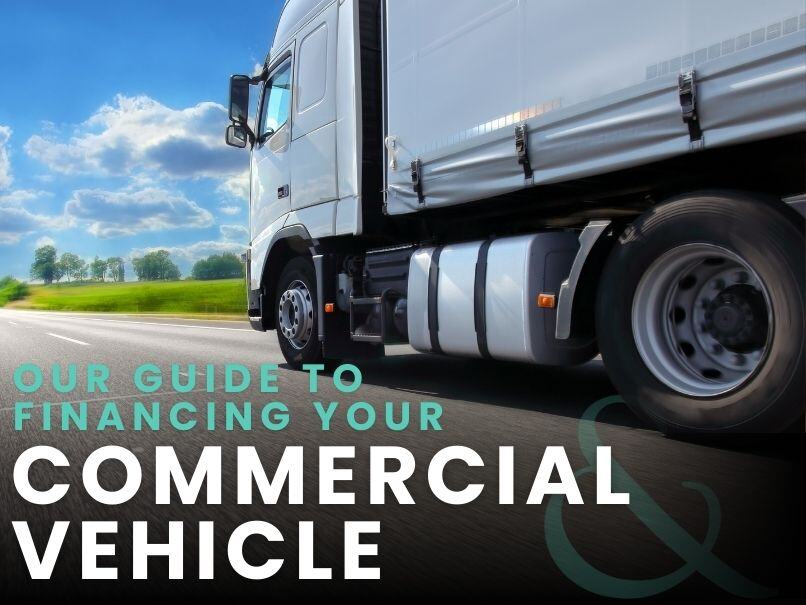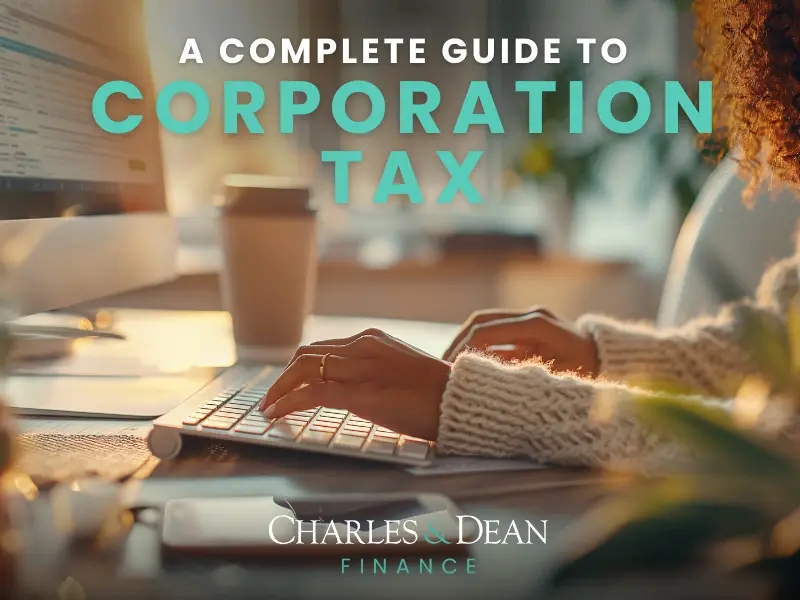
If your business relies on double-cab pickups, a significant tax change is approaching that could increase your costs. From 6th April 2025, these vehicles will be reclassified as passenger cars, impacting how they’re taxed and how businesses can claim financial relief.
What's Changing?
🔹 BIK Tax Increases – Currently, double-cab pickups are taxed at a flat Benefit-in-Kind (BIK) rate. From 6th April 2025, they will be taxed based on CO₂ emissions, meaning costs could increase for higher-emission models but potentially decrease for lower-emission pickups. This shift makes vehicle choice more important than ever for businesses looking to manage tax liabilities.
🔹 Reduced Capital Allowances – Right now, businesses can claim 100% first-year tax relief under the Annual Investment Allowance (AIA). From 6th April 2025, these vehicles will be subject to car-related allowances, meaning relief drops as low as 6% each year.
🔹 Increased Business Costs – The shift from commercial to passenger vehicle classification could make running double-cab pickups significantly more expensive for businesses, particularly for those managing fleets.
What Can You Do?
Timing could be key. Vehicles purchased or ordered before 6th April 2025 will retain the current tax treatment until 5th April 2029 (or until disposal or lease expiry). This means there is a limited window of opportunity to take advantage of the current tax relief on purchases before the changes take effect.
How Charles & Dean Can Help
Navigating tax and finance changes can be complex, but you don’t have to do it alone. At Charles & Dean, we provide tailored finance solutions to help make informed decisions when purchasing business vehicles. Whether you want to acquire a double-cab pickup before the deadline or explore alternative fleet options, we’re here to help.
Let's Talk About Your Business Finance
At Charles & Dean, our team of Finance Specialists are ready to help you navigate your options and secure the funding you need.

Written by
Tom PerkinsFor over ten years, Tom has been a noteworthy leader in the asset finance space, delivering talks and sharing knowledge across a plethora of platforms. We know him to be an influential figure when it comes to disrupting outdated trends and driving finance for SMEs across the UK. His ever-present dynamism permeates even the farthest branches of the Charles & Dean community, inspiring our endeavour to provide unique, tailored solutions.
Table of contents
Apply for Finance
Let’s start with your name & email
Please provide your details to receive a personalised quote.
Subscribe
Get the latest insights and updates delivered to your inbox weekly.







.jpg?width=1200&height=600&name=car%20finance%20top%20tips%20(2).jpg)


